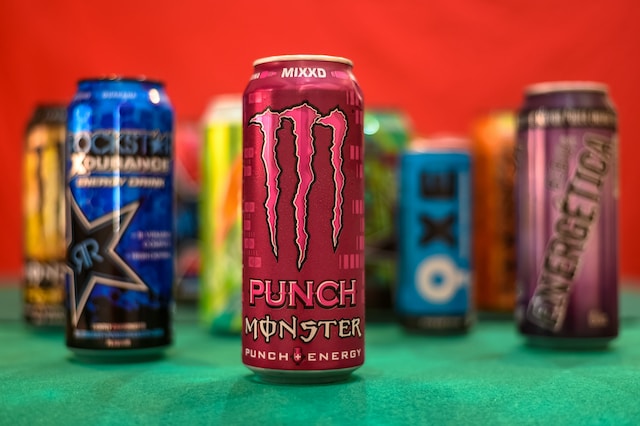In recent years, the soaring caffeine levels found in energy drinks have ignited a pressing debate surrounding their consumption, particularly by children and adolescents. The intensifying concerns regarding the adverse effects of these highly caffeinated beverages have spurred demands for a comprehensive ban on their sales to young individuals. This article sheds light on the mounting apprehensions, explores the potential health implications, and underscores the urgency of addressing this issue.
The Caffeine Surge: A Cause for Concern
Energy drinks, once a niche market, have become ubiquitous in the lives of young people. Fueled by aggressive marketing strategies and appealing packaging, these beverages often contain staggering amounts of caffeine that far exceed the limits recommended by health experts. A single serving of some energy drinks can pack as much caffeine as a strong cup of coffee, posing serious health risks, especially to children whose bodies are more sensitive to stimulants.
Health Implications for Young Consumers
The escalating caffeine content in energy drinks is not without its consequences. Experts warn that excessive caffeine consumption among children can lead to a range of adverse health effects, including disrupted sleep patterns, increased heart rate, high blood pressure, and even potential cardiac issues. Furthermore, the combination of caffeine with other stimulants and additives commonly found in energy drinks can result in negative interactions and compound the risks.
The Call for Action: Banning Sales to Children
Amid mounting evidence of the potential health hazards, there is a growing chorus of voices advocating for stricter regulations on energy drink sales to children. Health organizations, concerned parents, and even some lawmakers are pushing for legal measures that would prohibit the sale of energy drinks to individuals under a certain age. Such measures aim to shield young people from the potential harms of excessive caffeine consumption while promoting healthier beverage choices.
Balancing Personal Responsibility and Regulation
Critics argue that personal responsibility should play a role in beverage choices and that education about caffeine content and its effects is paramount. However, proponents of a ban emphasize that children, with their developing brains and bodies, may not fully comprehend the risks associated with energy drinks. Striking a balance between personal freedom and safeguarding the health of young individuals remains a central challenge.
Conclusion: Safeguarding Our Youth’s Well-being
As the debate over energy drink consumption by children gains momentum, it is evident that a comprehensive approach is necessary. The surge in caffeine levels within these beverages raises legitimate concerns, warranting thoughtful consideration and proactive measures. Ultimately, whether through legislative action, enhanced public awareness campaigns, or collaborative efforts between health authorities and the beverage industry, the objective must be to prioritize the well-being of our children and ensure a healthier future for the generations to come.












